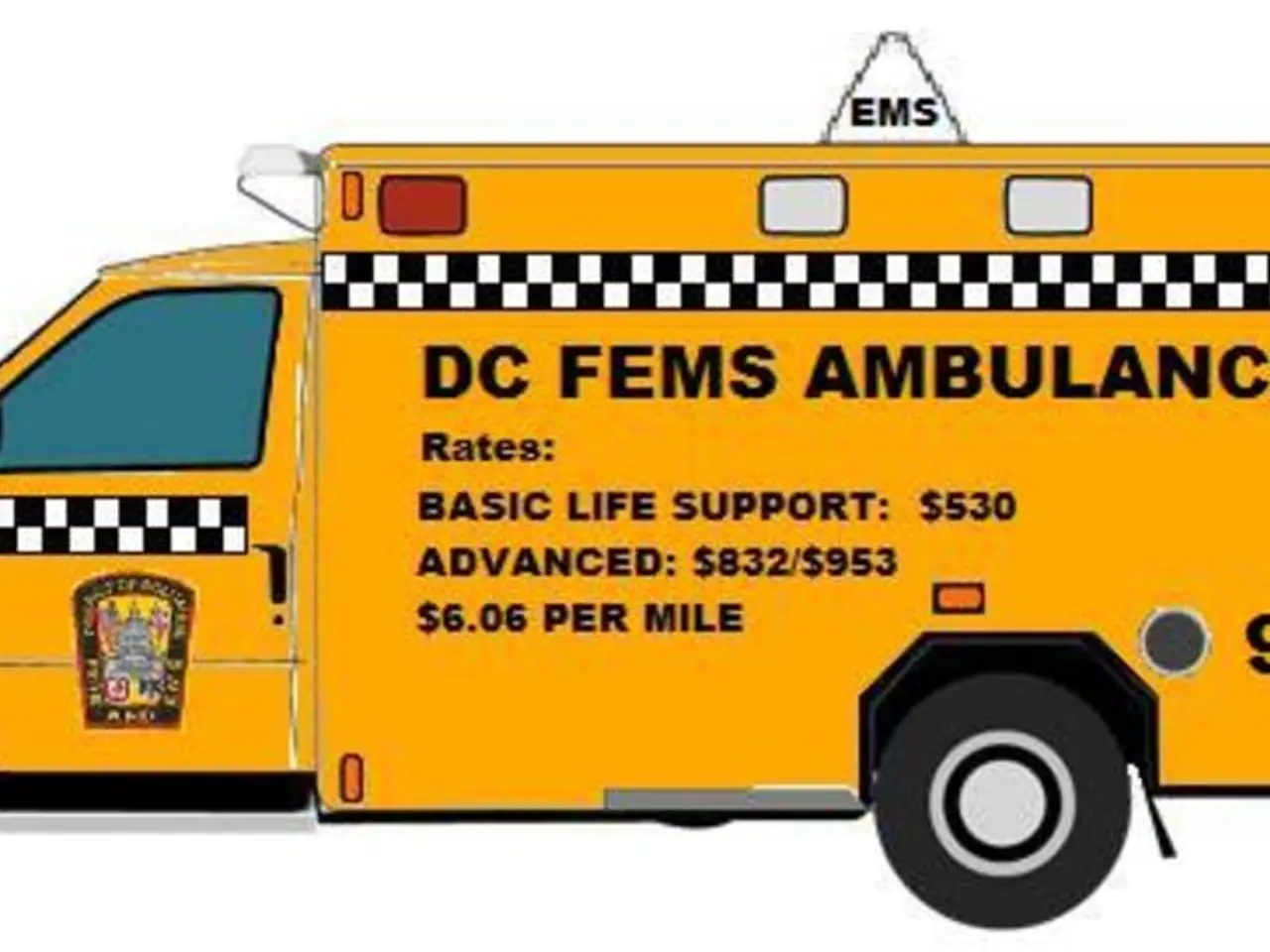Guidance Paving the Easiest Way for the Tired Towards Destructive Avenues
In the Western world, Medical Assistance in Dying (MAID) is being increasingly promoted as a viable option for individuals facing personal struggles, such as homelessness or the need for a stair lift. However, this practice has sparked growing criticism and calls for accountability.
One of the most contentious aspects of MAID is its promotion to vulnerable individuals, including those who may be mentally ill, suicidal, or financially struggling. Critics argue that this approach is counterproductive and unethical, as it may exacerbate existing issues rather than providing a solution.
For instance, people with Autism are being asked about the possibility of a lethal injection, a question that raises serious ethical concerns. Similarly, the process of obtaining MAID is faster than seeing a specialist for help, with appointments available within days compared to years. This speedy process has led to concerns that individuals may be making hasty decisions without proper consideration.
The practice of MAID is also being compared to murder by some critics. The medically compromised and suicidal are being offered MAID as a solution, which some doctors are eager to provide. This has led to accusations of normalization of suicide and concerns about commercialization and ethical boundaries in medical practice.
In Germany, organizations such as the Deutsche Gesellschaft für Humanes Sterben (DGHS), Dignitas Deutschland, and the Verein Sterbehilfe promote medically supervised assisted suicide. They emphasize that the decision must be free and self-determined, requiring independent psychiatric assessments if doubts about mental capacity exist. However, critics, including the Deutscher Hospiz- und Palliativverband, argue there is a legal vacuum and fear the normalization of suicide. They call for clearer legislation to regulate assisted suicide and highlight concerns about commercialization and ethical boundaries in medical practice.
Despite the controversy, some individuals are choosing MAID as a way to "bow out gracefully," a phrase used by the medical establishment. Some see it as a means to gain control and a path of least resistance. However, it is being condemned as murder by others.
A former para-olympic athlete was offered MAID instead of a stair lift for their home, a decision that has sparked outrage and raised questions about the ethical implications of MAID. It is clear that the debate surrounding MAID is complex and multi-faceted, with strong opinions on both sides.
As the practice of MAID continues to evolve, it is crucial that proper safeguards are put in place to ensure that vulnerable individuals are not being exploited and that the ethical boundaries of medical practice are not being crossed. The promotion of MAID must be done responsibly and with the utmost care for the wellbeing of those it is intended to help.
Read also:
- Nightly sweat episodes linked to GERD: Crucial insights explained
- Antitussives: List of Examples, Functions, Adverse Reactions, and Additional Details
- Asthma Diagnosis: Exploring FeNO Tests and Related Treatments
- Unfortunate Financial Disarray for a Family from California After an Expensive Emergency Room Visit with Their Burned Infant








